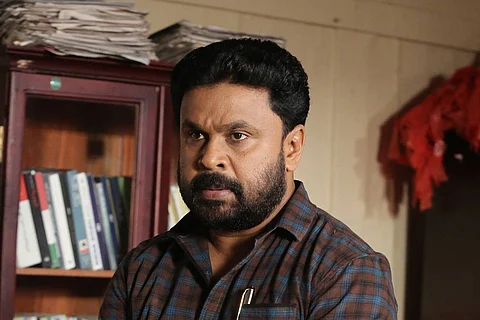

The memory card with the visuals of a film actor's sexual assault in 2017 in Kerala has once again become a matter of interest to the case. A new report of the State Forensic Science Lab (FSL) in Thiruvananthapuram says that the memory card was accessed more than once in 2018 – once in January and once in December. The report also says that the hash value of the memory card had changed in the years it was kept in the custody of courts, indicating that something has been changed within it.
The report came out in a memo filed by the Additional Public Prosecutor to produce it, as directed by the High Court on May 27. Multiple access of the memory card in 2018 has apparently occurred while it was in the custody of two different courts. On January 9, 2018, when it was accessed, the memory card was with the Angamaly Magistrate Court. By December that year, it was with the Ernakulam Principal and Sessions court. It was also found that the eight video files in the memory card were accessed on December 13, 2018. On both these dates, the court had not opened the visuals officially to view or to show the various accused including Dileep. The FSL report has lead to questions on who accessed the memory card and why.
On February 27, 2017, 10 days after the attack on the survivor, the FSL received three sealed packets, containing two mobiles phones and one memory card. The memory card, containing the visuals of the sexual assault on the actor, was forensically examined. The hash value of the card - a unique number used to identify the device, which will change if the device is modified -- was noted down. It was found that eight video recordings were in the memory card, all of them made between 10:30:55 pm and 10:48:40 pm on February 17, 2017, the night of the attack. Soft copies of the video recordings were put in a pen drive and submitted to the Angamali First Class Magistrate court.
Nearly three years later, on January 10, 2020, the FSL had again received the memory card, so that a clone copy could be prepared, as sought for by the accused – actor Dileep, the alleged mastermind of the crime. By then the memory card had been moved into the custody of the trial court. The clone copy was created and that, along with the FSL report was sent to the judge of the trial court.
Before that, the hash value was again noted down. However, it was found to be different from the earlier hash value, recorded in 2017. "On examination, it was noticed that the MD-5 hash value of the questioned memory card marked Q3 is changed, while receiving the same in the second time," says the report from the FSL.
The report also notes that only the hash value of the memory card -- called the volume hash -- has changed, but the individual hash values of the video recordings had not. This means that none of the video files have been modified or tampered with. But a change in hash value of the device indicates that something within it has changed, though one can't say what the change is.